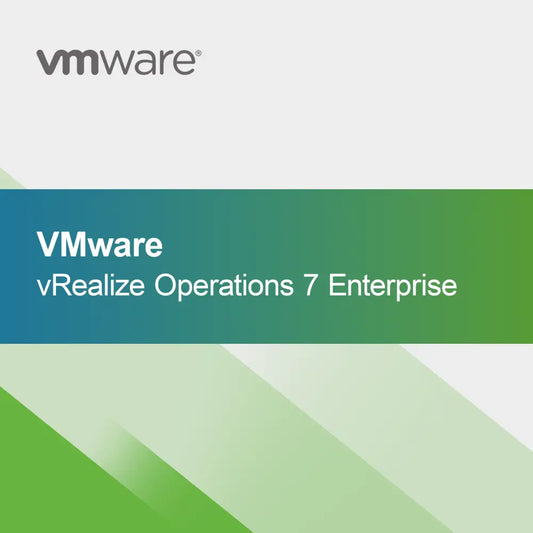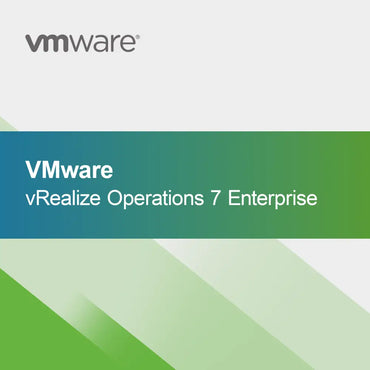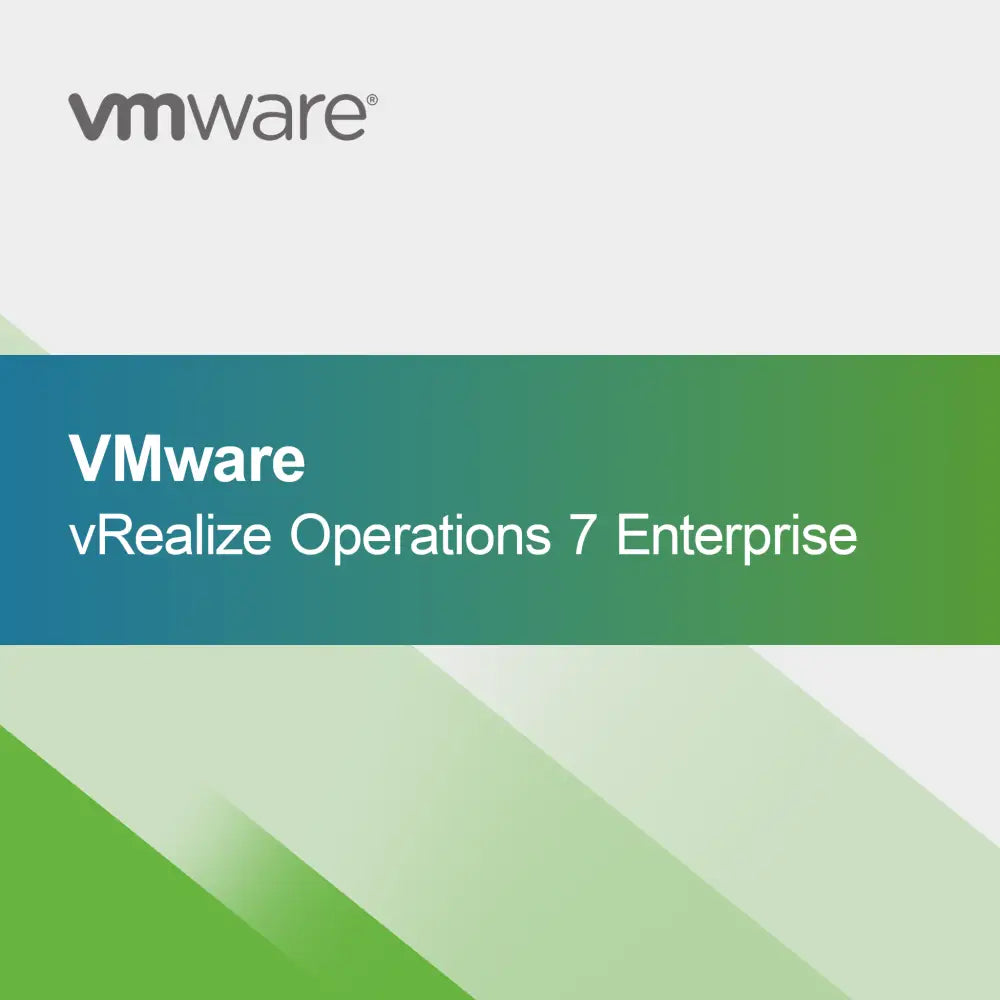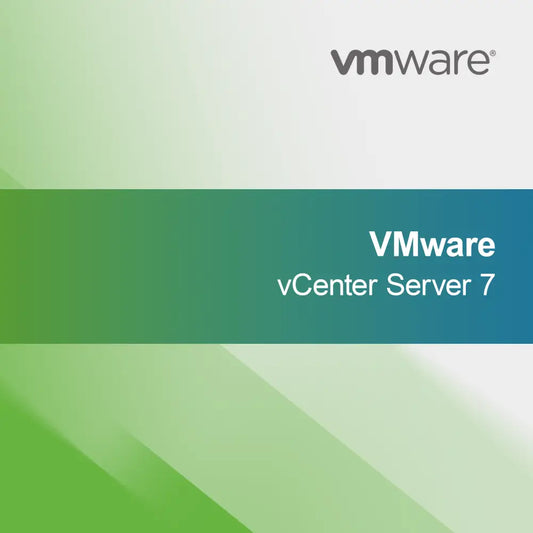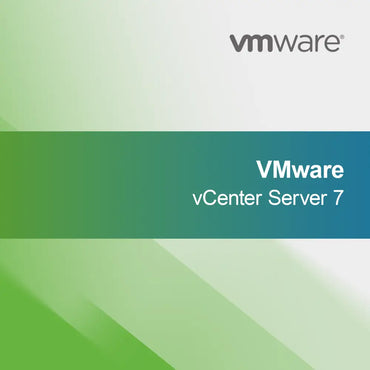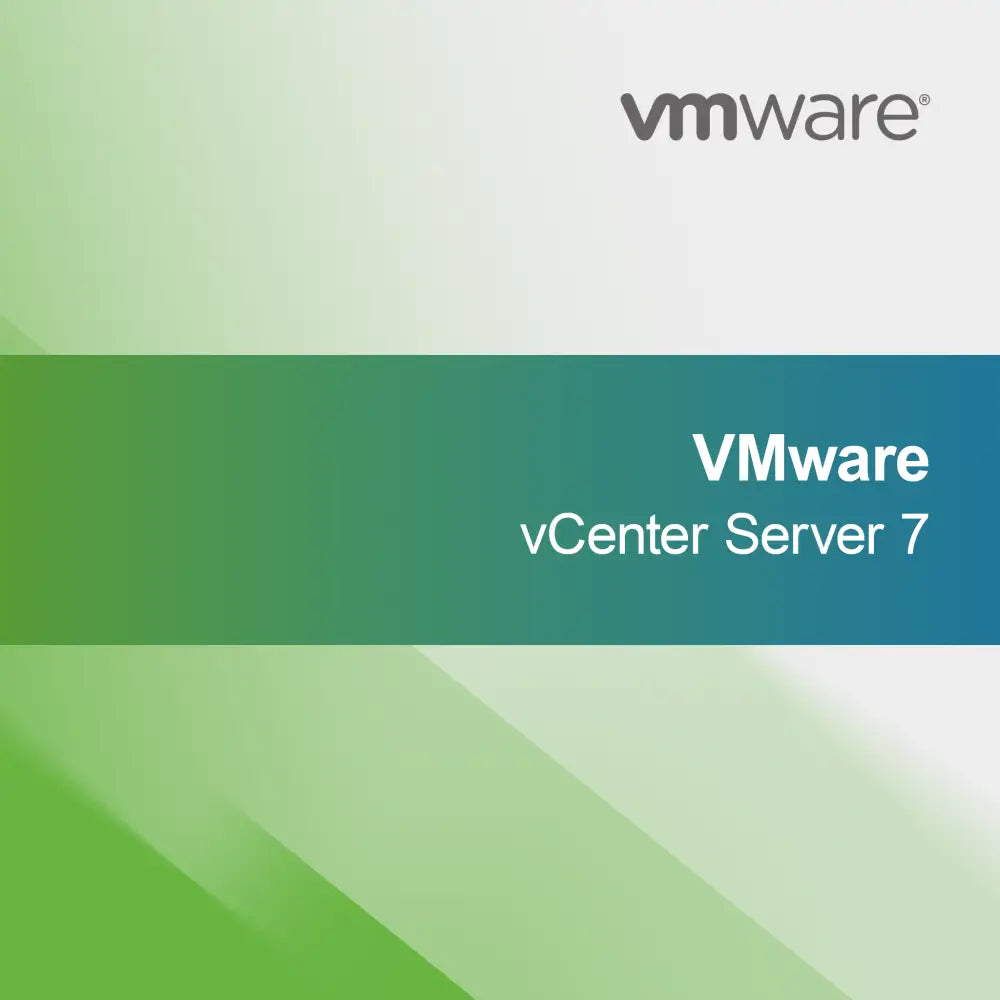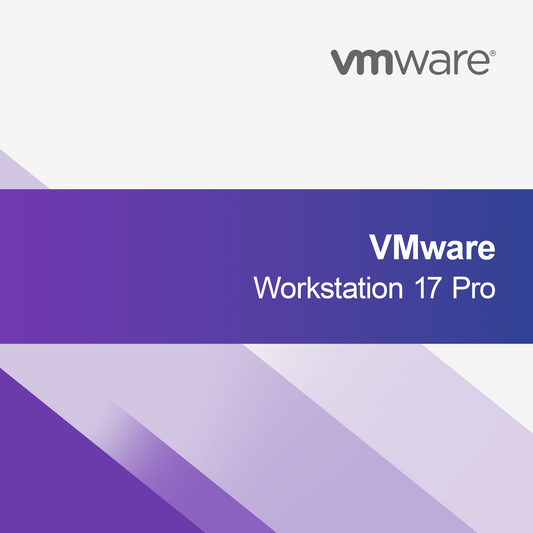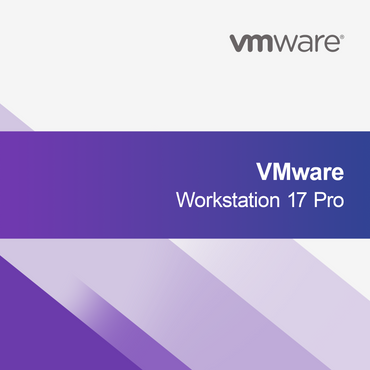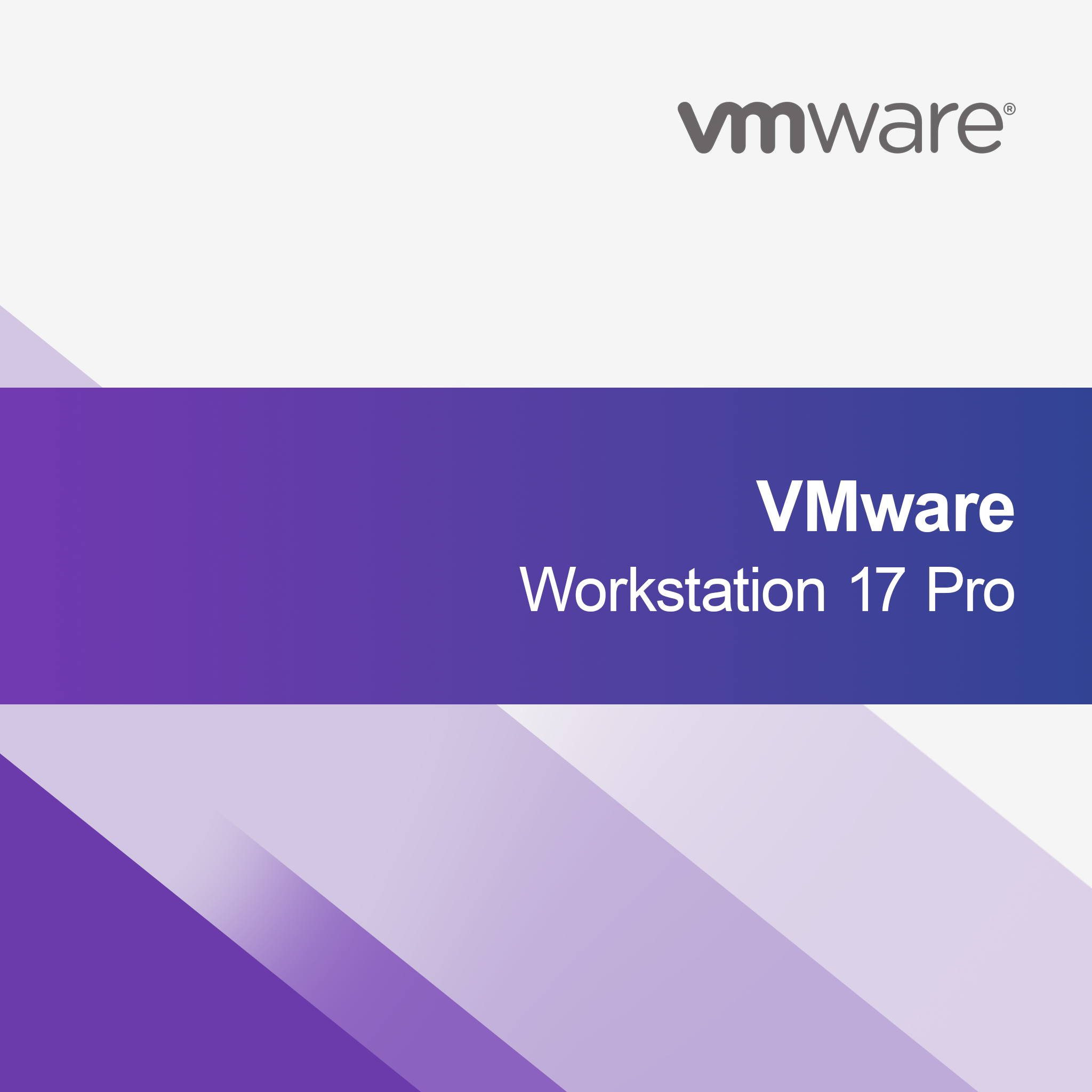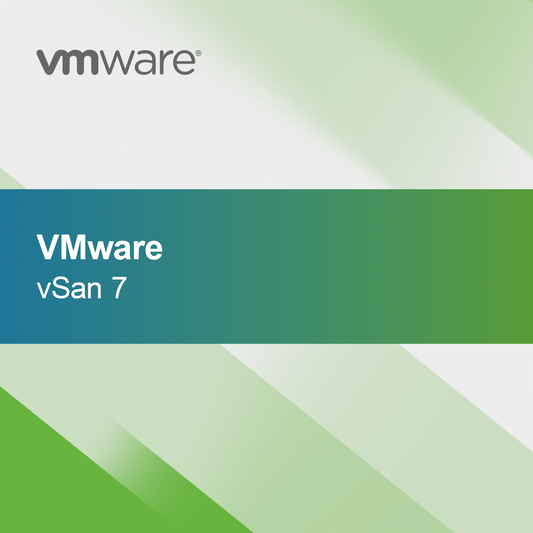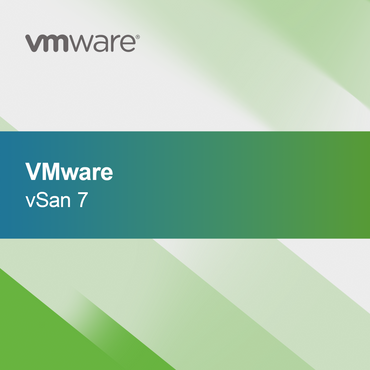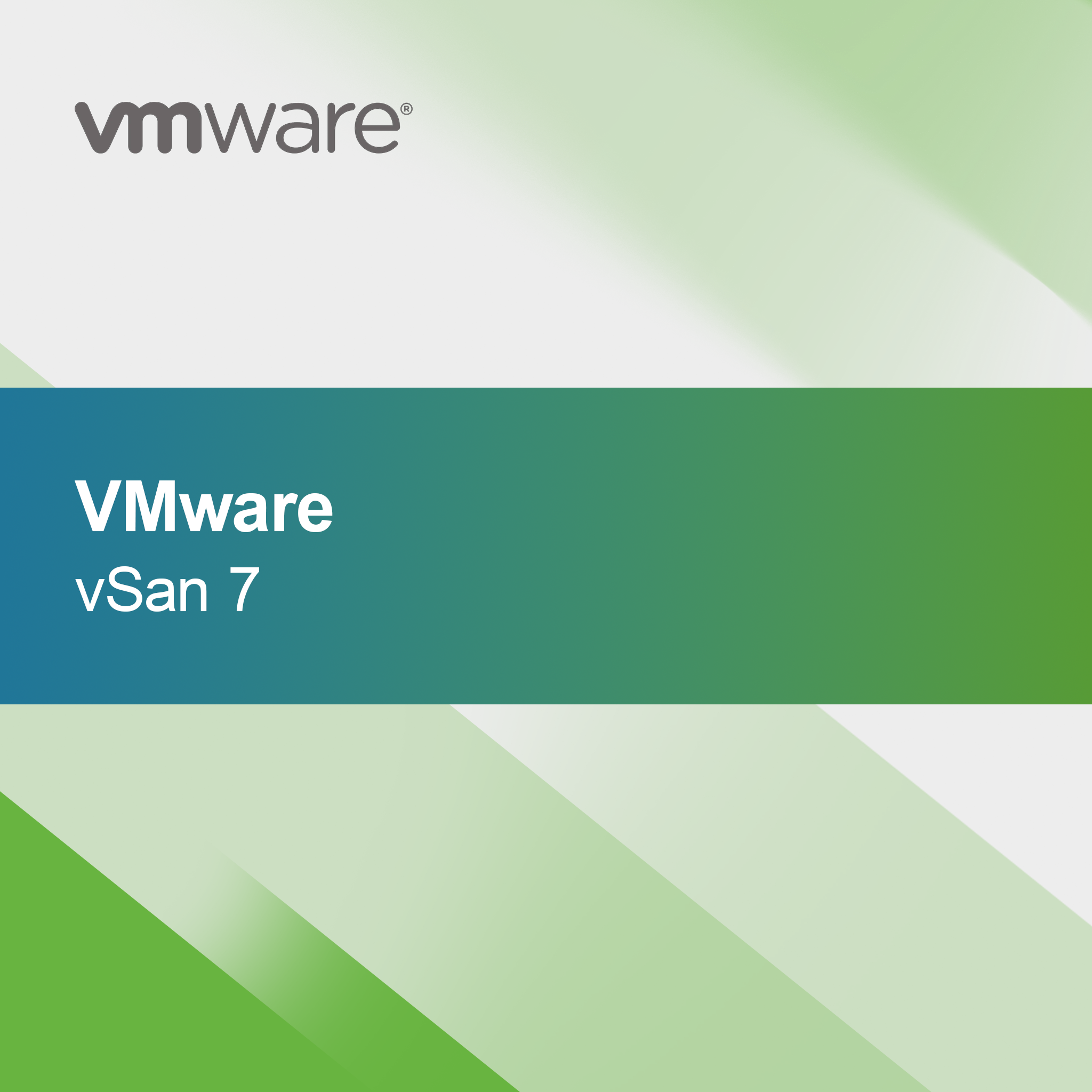-
VMware vRealize Operations 7 Enterprise
Regular price Dhs. 63,187.00Sale price Dhs. 63,187.00 Regular priceUnit price perVMware vRealize Operations 7 Enterprise With the license key for VMware vRealize Operations 7 Enterprise, you get a powerful solution for monitoring and managing your virtual...
-
VMware vCenter Server 7
Regular price From Dhs. 5,705.00Sale price From Dhs. 5,705.00 Regular priceUnit price perVMware vCenter Server 7 With VMware vCenter Server 7, you get a powerful solution for the centralized management and optimization of your virtual infrastructure. This platform...
-
VMware vSphere 6
Regular price From Dhs. 1,630.00Sale price From Dhs. 1,630.00 Regular priceUnit price perVMware vSphere 6 With VMware vSphere 6, you get a powerful virtualization platform that helps you optimally manage and improve your IT resources. This solution is...
-
VMware Workstation 17 Pro
Regular price From Dhs. 397.00Sale price From Dhs. 397.00 Regular priceUnit price perVMware Workstation 17 Pro With VMware Workstation 17 Pro, you get a powerful solution to run multiple operating systems simultaneously on your computer. This software creates...
-
VMware vSan 7
Regular price From Dhs. 1,529.00Sale price From Dhs. 1,529.00 Regular priceUnit price perVMware vSAN 7 With VMware vSAN 7, you get a powerful storage solution specifically designed for virtualized environments. Rely on an integrated platform that enables fast...
Virtualization
What is virtualization and how does it work?
Virtualization is a technology that allows multiple virtual machines to run on a single physical server. These virtual machines can run different operating systems and applications as if they were standalone computers. By abstracting the hardware, resources can be used more efficiently, leading to better utilization and cost reduction. Virtualization is especially useful in data centers and for companies looking to optimize their IT infrastructure.
What are the benefits of virtualization?
The advantages of virtualization are diverse. It enables better resource utilization, as multiple virtual machines can be operated on a single server. This leads to lower hardware costs and reduced energy consumption. Additionally, virtualization facilitates the management and deployment of IT resources, as virtual machines can be quickly created, copied, and moved. Reliability is also increased through the possibility of snapshots and backups.
What types of virtualization are there?
There are various types of virtualization, including server virtualization, desktop virtualization, and application virtualization. Server virtualization divides physical servers into multiple virtual servers. Desktop virtualization allows users to access virtual desktops, while application virtualization delivers applications from a central server. Each type has its own use cases and advantages, which can be selected according to needs.
What should I consider when implementing virtualization?
When implementing virtualization, you should first analyze the requirements of your IT environment. It is important to select the right virtualization software that fits your infrastructure. Additionally, you should check your server's hardware resources to ensure they are suitable for virtualization. Careful planning and configuration are essential to fully leverage the benefits of virtualization.
- Efficient resource utilization through multiple virtual machines
- Cost reduction through decreased hardware and energy expenses
- Increased flexibility and scalability of IT resources
How can I ensure security in virtualized environments?
Security in virtualized environments is of great importance. It is advisable to implement security policies that protect both the virtual machines and the hypervisor. Regular updates and patches are essential to close security gaps. Additionally, you should deploy network security measures such as firewalls and intrusion detection systems to detect and repel potential threats. A comprehensive security strategy is crucial for protecting your virtualized infrastructure.
How does virtualization differ from cloud computing?
Virtualization and cloud computing are closely related but differ in their operation. Virtualization refers to the technology that allows multiple virtual machines to run on a physical server. Cloud computing, on the other hand, is a model that enables access to IT resources over the internet. While virtualization is often used in local data centers, cloud computing offers the flexibility to scale and use resources on demand.
What system requirements are necessary for virtualization?
To successfully implement virtualization, your server should have sufficient CPU power, RAM, and storage space. A modern CPU with virtualization support is recommended to optimize performance. Additionally, you should ensure that there is enough network bandwidth to guarantee communication between the virtual machines and the users. Check these requirements to ensure a smooth virtualization experience.

